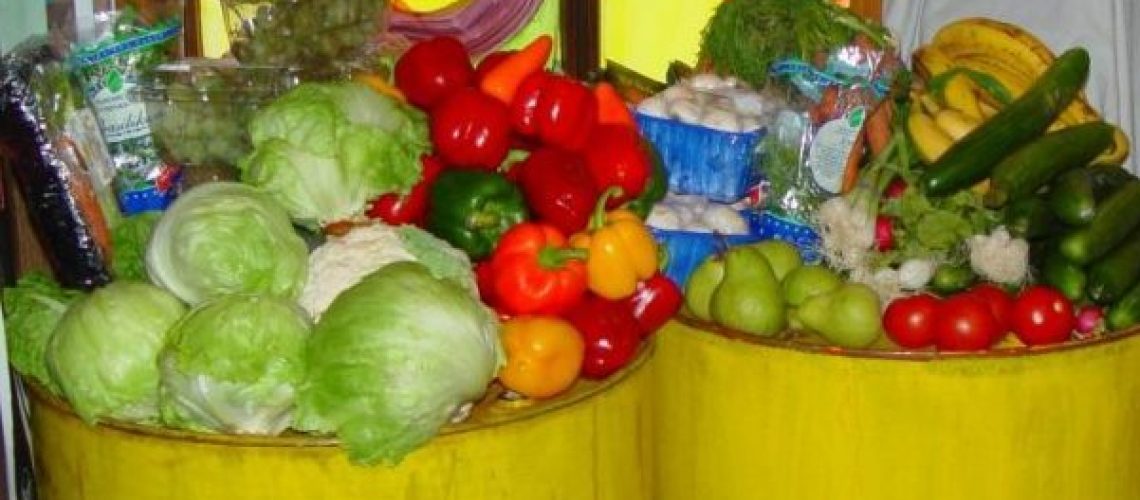Food in abundance?
“As long as we as the industrialised nations buy more food than we can consume, we occupy land and resources from which the poor people of the world could be fed. We have almost a billion undernourished people in the world – all of them could be easily fed with a fraction of the food thrown away by the rich nations.“ – Tristram Stuart, author and activist
Worldwide, 50% of all food is thrown away. Every second lettuce, every second potato, every fifth loaf of bread end up in the waste – often before the product even arrives at the supermarket. On average, a product passes through 33 hands before we actually buy it in a store; and at every single transhipment point, more food gets lost. For instance, tomatoes are sorted out that aren’t round enough, or whole loads are destroyed because the refrigeration during the transport was interrupted for just one hour. Also, loads with wrongly labelled products or damaged packaging are eliminated. Once in the supermarket, the products are taken off the shelves 2 days before their actual expiry date so that no risks arise, although most of these products would still be edible at least another 2 weeks without any problems.
But what can you do about it? How can you counter the food waste?
- The greatest effect is achieved by regional and seasonal shopping. These foods have a longer shelf life and have completed a much shorter journey.
- You should not be enticed by offers like “two for the price of one” – you should rather ask yourself: Do I really need so much? Can I really eat all of it before it’s gone bad?
- Also, the correct storage contributes to the prevention of food being spoilt. The shelves in the refrigerator actually do have a purpose: quickly perishable products or the dinner from the previous day go on the top shelf. Underneath, there are dairy products such as curd cheese and yoghurt, followed by meat and fish and all the way down the vegetables.
- Brown bananas and starchy pears need not immediately be thrown away. How about a smoothie or processing this to a mush for instance?
The initiative “Food sharing” launched in 2012, saves foods that would otherwise be thrown away. This means that products are exchanged between private consumers but also that commercial food is picked up and distributed through the food-sharing platform. Anyone can become a member, and food that is not to one’s taste or runs the risk of going off soon can be passed on or picked up. Today, more than 35,000 participants in Germany and Austria use this platform. The difference to other organizations such as “the Table” is that “food sharing” also distributes food after the expiry date. Besides, instead of helping the needy the emphasis here is put on saving the food without taking into account the living conditions of the recipient.
This trend has also already arrived in the food service industry with the so-called “no food waste restaurants”. Here, regional rejected products are processed and cooking is predominantly vegetarian in order to avoid the high water consumption during meat production. And if there is meat to be cooked, then the whole animal is processed.
Also, there are already a few “supermarkets selling food leftovers”. Here, foods are sold that cannot be sold through conventional trade channels. This means that food is up to 70% cheaper there. But the most important thing in this context is the contribution towards the prevention of food waste.
(Excerpt) Sources:
http://www.zeit.de/kultur/film/2011-09/rezension-taste-the-waste
https://utopia.de/0/magazin/foodsharing-das-netz-gegen-lebensmittelverschwendung


